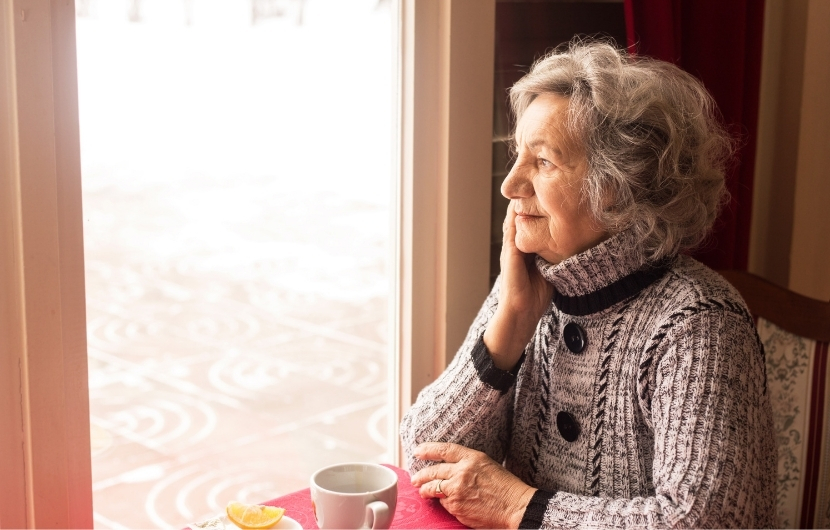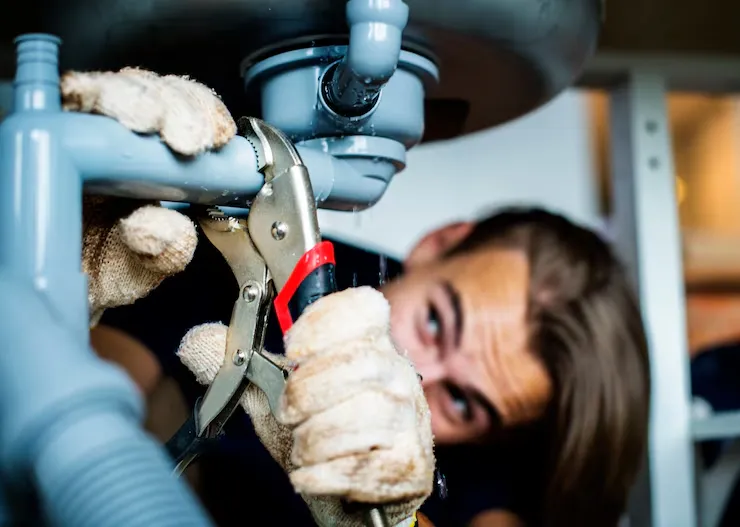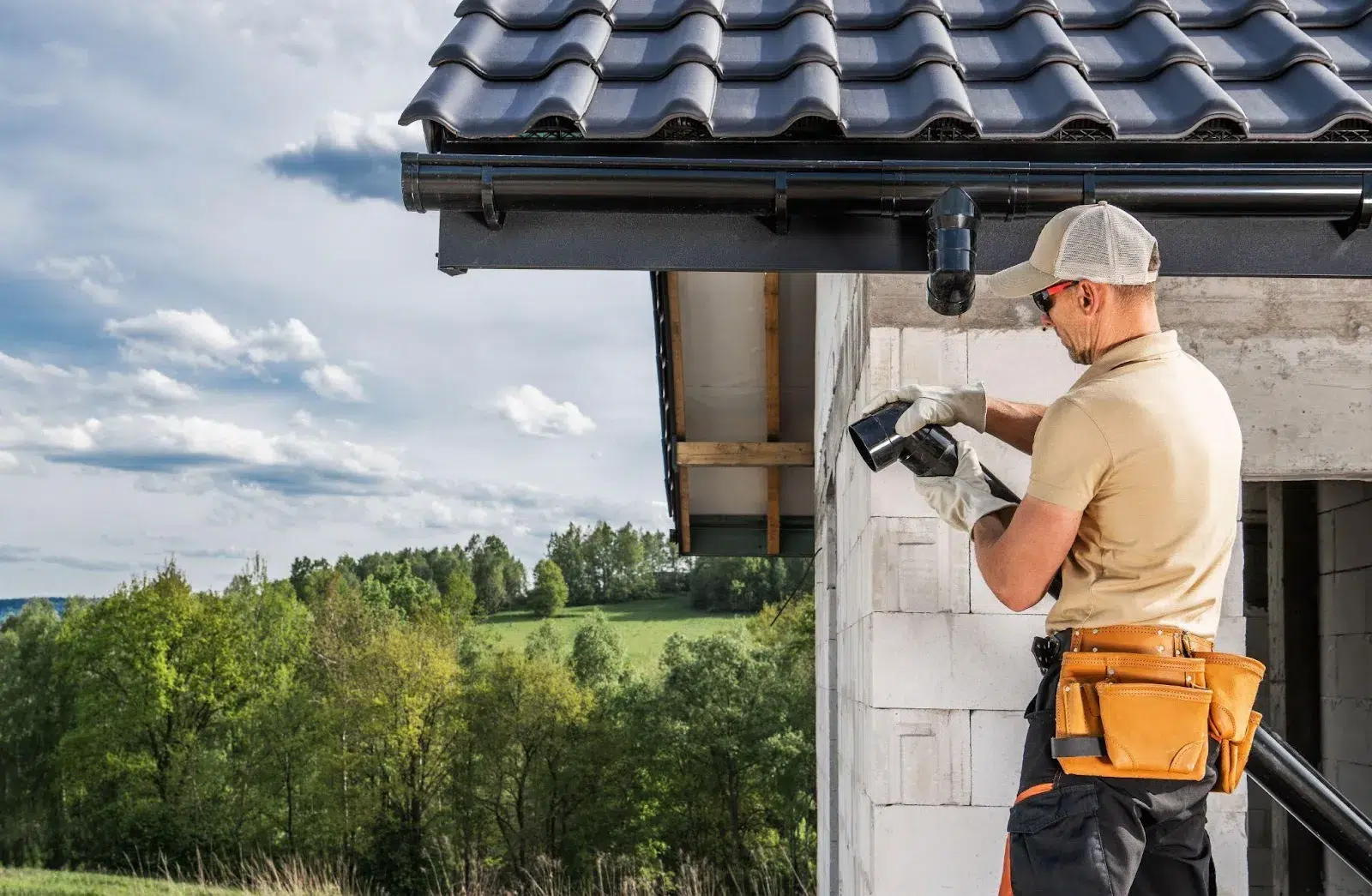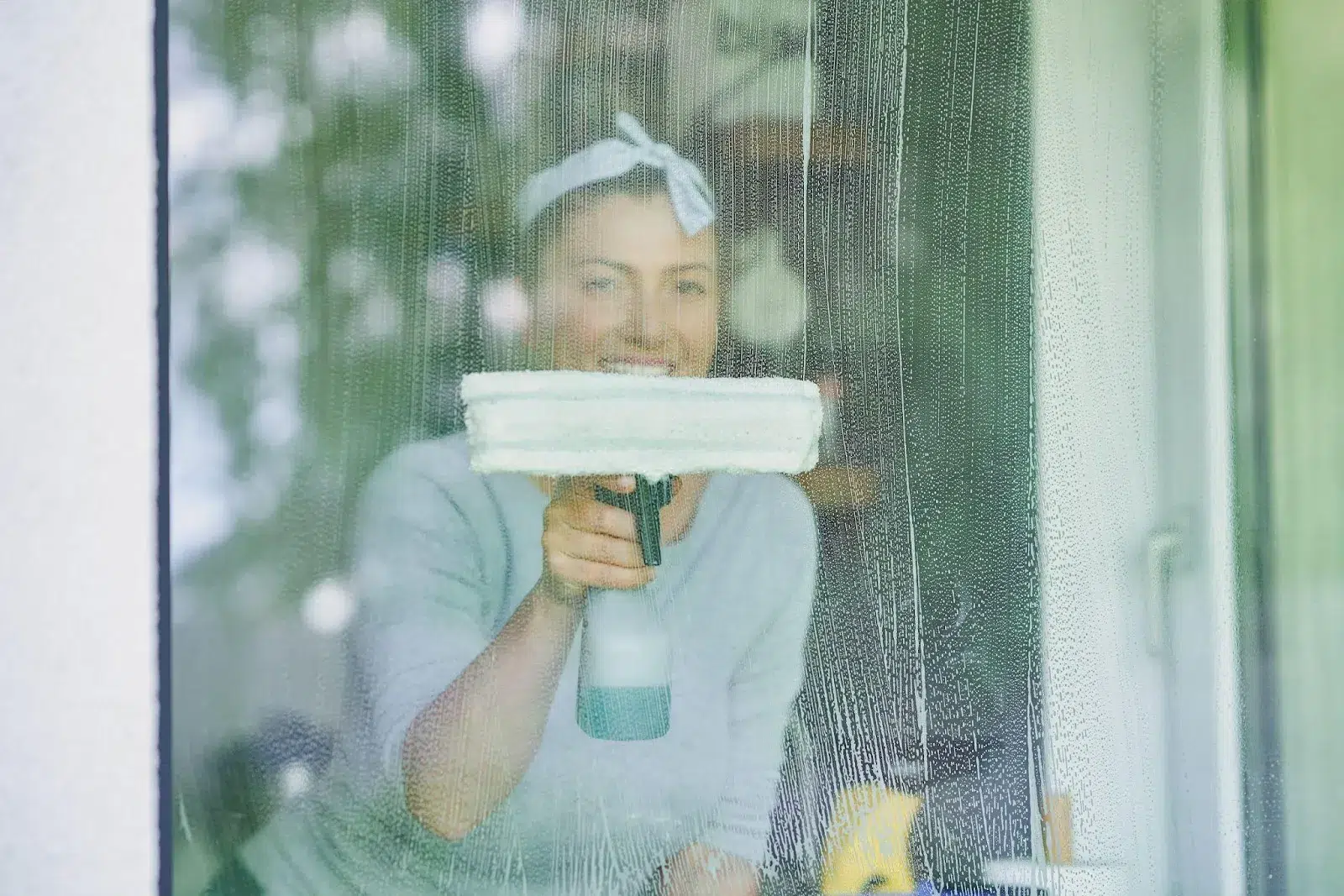By Joanne Richard.
The coronavirus outbreak hasn’t worsened ageism – instead it’s magnified our harmful ageist culture that has gone unchallenged for far too long, activist Ashton Applewhite tells Custodia.
And that exposure is a good thing: “The crisis has brought age, aging and oldness out of the dark corners and into the centre of the damn room,” says the ageism disruptor and author, “and it’s giving us an extraordinary opportunity to build on that awareness – to mobilize against ageism and change its course. I just wish it hadn’t taken this hideous human cost…”
We live in a society that barrages us with negative messages about how truly awful it is to age and our only value is in being young. This discrimination divides us, costs us lots of money, fills us with terrible dread, and cripples our personal and professional lives.
“You’re more likely to live longer – an average of 7 ½ years longer – walk faster, and recover from illness and injury quicker”
“Our fears about aging are way of whack with reality, and knowing the facts about getting older leads to a happier, healthier approach for society,” says Applewhite.
Reject age shaming. Get off the treadmill of age denial. Stop the hand-wringing! You’re aging yourself, literally. “Our attitudes towards aging affect how our minds and bodies function on a cellular level – ageism makes us sick and shortens lives,” says Applewhite, author of This Chair Rocks: A Manifesto Against Ageism and blogs at thischairrocks.com.
She recommends adopting a fact-based rather than fear-based attitude towards aging. And here are the facts about having the facts: You’re more likely to live longer – an average of 7 ½ years longer – walk faster, and recover from illness and injury quicker, says Applewhite.
“Aging is not a problem to be fixed or a disease to be cured,” she says. “It is a natural, powerful, lifelong process that unites us all.”
Older people with positive self-perceptions are less likely to develop Alzheimer’s, even if we have the gene that predisposes us to that disease, she says. “Actually, dementia rates are actually falling fast. All age-related diseases are declining.”
All the worrying and the irrational fear of memory loss generate debilitating anxiety, and this makes us more vulnerable to exactly what we fear the most, she says. The fear is bad for our health and bad for our lives.
It’s not all diapers, depression and dementia! “We’re terrified at the prospect that we’ll be drooling in some institution someday, yet only around 3% of older Canadians are living in nursing homes,” says Applewhite. In Canada, 92% of men and women aged 65 and over live at home.
“People are happiest at the beginnings and the ends of their lives.”
While our fears are real and legitimate, not all of your darkest fears are going to come true. Most “olders” are not falling apart, nor are they train wrecks. Most of us are likely to fall somewhere in the messy middle of the pizza, she says, muddling along just fine – and most people really like getting older.
“People are happiest at the beginnings and the ends of their lives. If you don’t want to take my word for it, Google ‘U-curve of happiness.’ Even as age strips us of the things we cherished – physical strength, beloved friends, toned flesh – we grow more content,” Applewhite writes in her Manifesto.
But that’s not the way it’s spun by the beauty or medical industries – they profit from pathologizing this natural transition, says Applewhite. We treat it as a disease, we treat it as a social problem, and that’s because no one makes money from satisfaction.
Think hard about your attitudes towards age and aging. Where do they come from, who profits from your fears, are they based on observable reality? “Aging is not a problem to be fixed or a disease to be cured,” she says. “It is a natural, powerful, lifelong process that unites us all.”
Ask yourself why does aging well mean struggling to look and move like younger versions of ourselves? “It’s embarrassing to be called old until we stop being embarrassed about it!”
Unfortunately, our youth-obsessed, sexist, misogynistic, capitalist culture idealizes those who appear not to age, says Applewhite, like older people running marathons or jumping out of airplanes. “Hey, if they inspire you, fantastic, but never forget they are outliers, they are not typical. There should be zero shame if you don’t want to jump out of an airplane, or can’t or can’t afford to jump out of an airplane.” Or you can’t climb stairs or drive at night.
Her definition of successful aging: “If you wake up in the morning, you’re aging successfully.”
“By having friends of all ages, you will educate and inform yourself organically and help dismantle ageism.”
Enjoy the older years by saving for retirement, taking care of your health, and making friends of all ages. “Think of something you want to do and find a mixed-aged group to do it with. By having friends of all ages, you will educate and inform yourself organically and help dismantle ageism.”
Ideally, intergenerational living in the form of affordable, age-friendly housing enriches us all. Aging in place is fine as long as we have a way to be socially connected to people and get the help we’re going to need, she says.
“Sure, it’s scary to realize that we’re not going to be able to shovel our driveway one day, so do you have a plan for who is going to shovel for you? It’s not about old, sad people needing help – it’s about all ages being in contact with each other.”
Tackling ageism requires collective action by companies, communities, and all of us making noise. “Autonomy requires collaborators. We are social creatures: all of life is interdependence. Let’s acknowledge our lifelong need for helping hands and reach for them gratefully and without shame.”
Shifting our attitudes and national priorities is critical to improving the quality of our longer lives. We need a mass movement like women’s movement to raise awareness of agism and dismantle it, adds Applewhite, who offers up anti-ageism resources at oldschool dot info.




